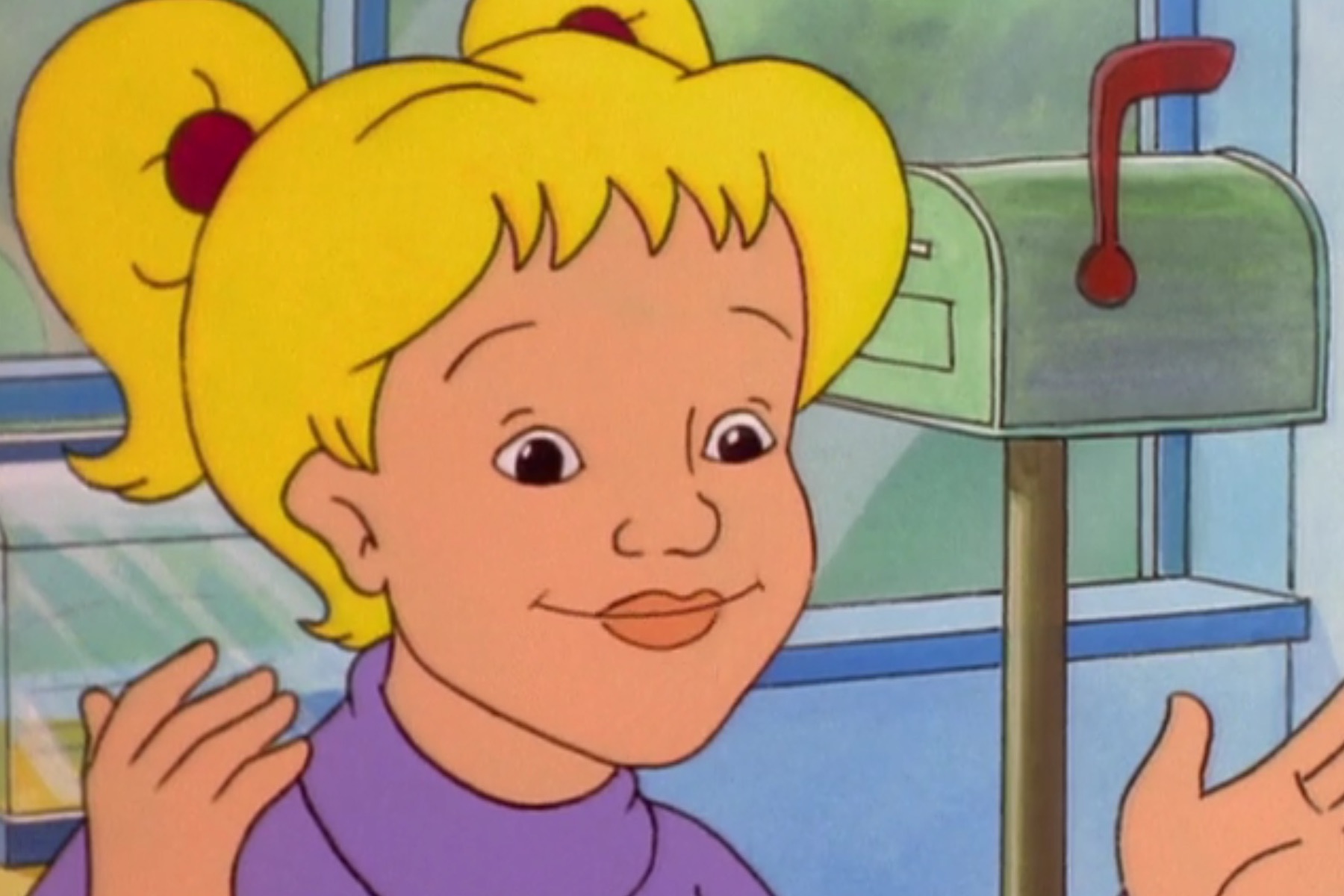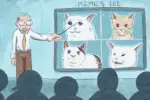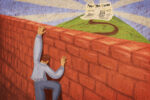There was perhaps no better time to be in elementary school than the early 2000s. Older Gen Z kids were right at that sweet spot between being young enough to enjoy a childhood free of overbearing technology while still being able to reap the benefits of in-class movies and computer games to distract us from actual work.
Though some programs such as “Reading Rainbow,” “Bear in the Big Blue House” and “Zoboomafoo” are certainly household names unique to a Gen Z childhood, there’s one show that’s ubiquitous among people my age. No matter how disappointed I was when the cafeteria ran out of smiley fries for lunch or how heartbreaking it was to not get a turn on the swing set before recess ended, I could always look forward to the unmistakable “beep beep” synonymous not only with Friday afternoons, but also with my favorite elementary school program: “The Magic School Bus.”
A Ride On “The Magic School Bus”
For those who did not come of age in the early 2000s, “The Magic School Bus” was an animated show that originally aired on PBS from 1994-1997. Its plot centered around eccentric educator Miss Frizzle and her students as they took exciting field trips to learn about science in a fun and inventive way. The children might — as the theme song suggests — raft a river of lava or get baked into a pie, but all the misadventures somehow turned out okay (even if they defied the laws of physics). Nonetheless, the show was silly and provided a digestible way to learn about science, conflict resolution and, ironically, safety.
In every episode, a problem typically arises for the children to solve. But instead of realistic or logical solutions, the children use their imaginations to come up with the most exciting way possible to resolve their conflict — usually to the dismay of Arnold, whose catchphrase “please let this be a normal field trip” tends to fall upon deaf ears. Each student provides their own individual contribution to the plotline, but besides Arnold, no student in the “Magic School Bus” universe is more recognizable than Dorothy Ann “D.A.” Hudson.
Who’s D.A. and Why Do We Love Her?
D.A. seemed to know everything about everything. A certified bookworm, she answered every question that other characters asked, sometimes even before Miss Frizzle could. Though some may find her unbearable, as the depiction of the “know-it-all” is rarely flattering, I found her endearing and inspirational. D.A.’s blonde hair and relatively high-pitched voice made her an easy target to be cast aside as an unflattering stereotype, but her brains and unforgiving demeanor propelled her to the forefront of the class and made her the most intellectually trustworthy student.
https://twitter.com/blackvbird/status/1257851145839685632
My elementary school classmates never seemed to appreciate the perspective that D.A. brought to the table. Her notorious catchphrase — “according to my calculations” — often produced subsequent groans and rolled eyes among my peers. They cited her incessant need for intellectual superiority as the primary reason for their disapproval, fawning over more relatable characters such as Ralphie, who could usually be seen picking his nose or refusing to compromise.
I kept this predilection toward D.A. a secret from my classmates in a desperate attempt to be liked and accepted by others, but I could never understand what made her so distasteful. Regardless, I knew I was alone in this feeling and filed it away under things to never talk about. And as with most things from primary school, I largely forgot about it and grew up and out of “The Magic School Bus.” At least, until I entered journalism school.
Why D.A. Is a Journalism Icon
In the pre-COVID-19 glory days when student newsrooms were lively and populous, I once overheard a fellow reporter jokingly use D.A.’s “according to my research” in reference to a story he was working on, and it unlocked a core memory. I had one of those “That’s So Raven” visions that forced me to stop what I was doing and refocus my attention directly to “The Magic School Bus.” Flashbacks from my childhood flew through my mind, and I recalled my classmates laughing at D.A. and her scientific inferences. But that’s when it hit me: She’s not annoying — she’s a journalist!
Though a gravely important and respectable profession, journalism is certainly not attractive to everyone, especially because of its insurmountable levels of research, fact-checking and adherence to AP style. However, these “obstacles” aren’t even really obstacles at all to those who enjoy endless learning and attention to detail, two activities suitable to none other than Dorothy Ann Hudson.
I conversed with some of my fellow journalists, and they all agreed: D.A. just enjoyed her research. She enjoyed reading, and some didn’t like how much freedom she was given to demonstrate her breadth of knowledge. And while I agree being a know-it-all for the sake of being condescending is never beneficial, it was clear to me that D.A. simply wanted to help her classmates in the only way she knew how. And that’s what journalists do.
We work to understand the inner lives of others and tell stories that may otherwise not be given ample platforms. We complete painstaking amounts of research to uncover the full truth and tell things as they really are, even if it would be much easier to leave them at the surface. And as D.A. told us, it’s okay to want to know things regardless of what others think. There would always be people, such as Miss Frizzle, who appreciated such tireless pursuits.
At the end of the day, D.A. simply taught us it’s important to be yourself — whatever that means. As trite as it sounds, it’s easily forgotten when society isn’t always so forgiving to those who are unapologetically authentic. D.A. wasn’t trying to be antagonistic by the way she relayed the things she knew and, most of the time, neither are journalists. So, please be a little more sympathetic toward your journalist friends because, at some point or another, they were probably treated like D.A. used to be.

















Finally a little bit of love for Dorothy Ann
Do you think if D.A. appeared in a more modern cartoon show today, she would be more Baseball Bros Game accepted and loved? Because I feel that modern society is gradually honoring intellectual personalities like her.